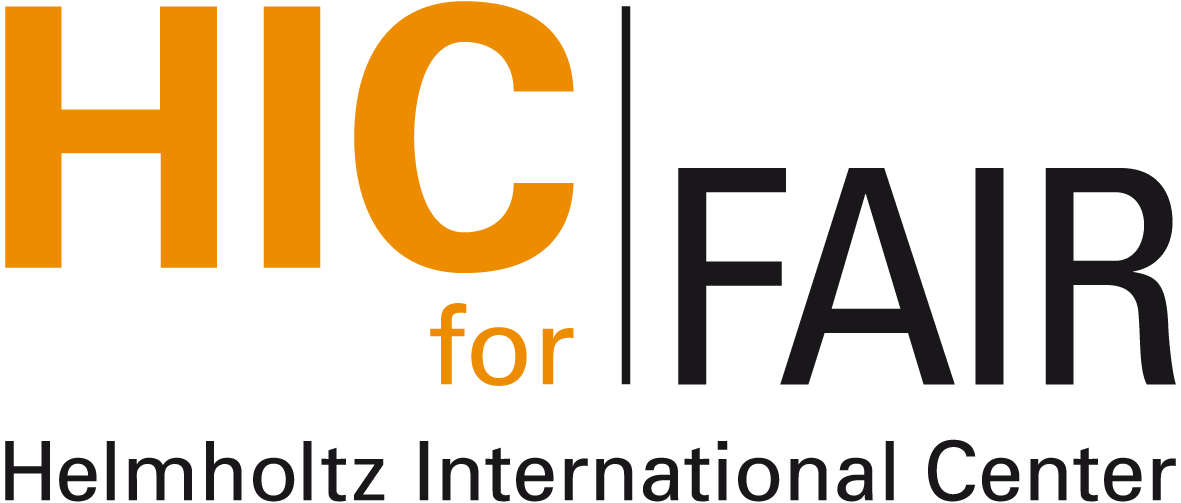 Nuclear Physics Colloquium
Nuclear Physics Colloquium  Nuclear Physics Colloquium
Nuclear Physics Colloquium Location: ITP, Science
Campus Riedberg, Max-von-Laue-Str. 1, room 02.116 Time: Thursday,
February 07, 2013, 16:30-17:30 (plus 10min for
discussion)
Contact: hees@fias.uni-frankfurt.de
Relativistic heavy ion
collisions seek to create in a controlled setting
the conditions present in the
universe only a fraction of a second after
the big bang.
In this brief early moment, the fundamental constituents
of matter, quarks and gluons,
existed as the relevant degrees of freedom
rather than being
bound into hadrons as they are today. Following up on
the success of the
Relativistic Heavy Ion Collider which has been
running since the
year 2000, since 2010 the Large Hadron Collider has
undertaken a heavy
ion physics program. The ATLAS experiment at the LHC
has produced
exciting results from heavy ion collisions. In a short two
years of running has
yielded new and more precise information about the
quark gluon plasma,
particularly in the study of "hard probes" and
collective flow
properties of the produced medium. Results from ATLAS
in Pb+Pb collisions
as well as a first look at collisions from the
control p+Pb system
will be presented.